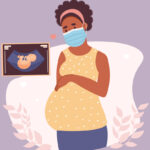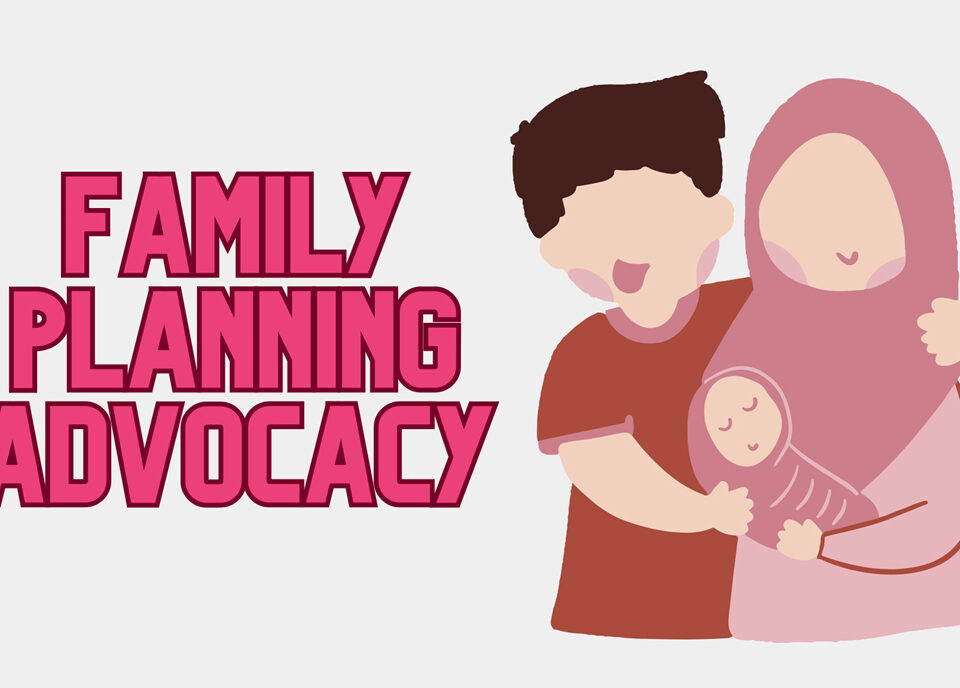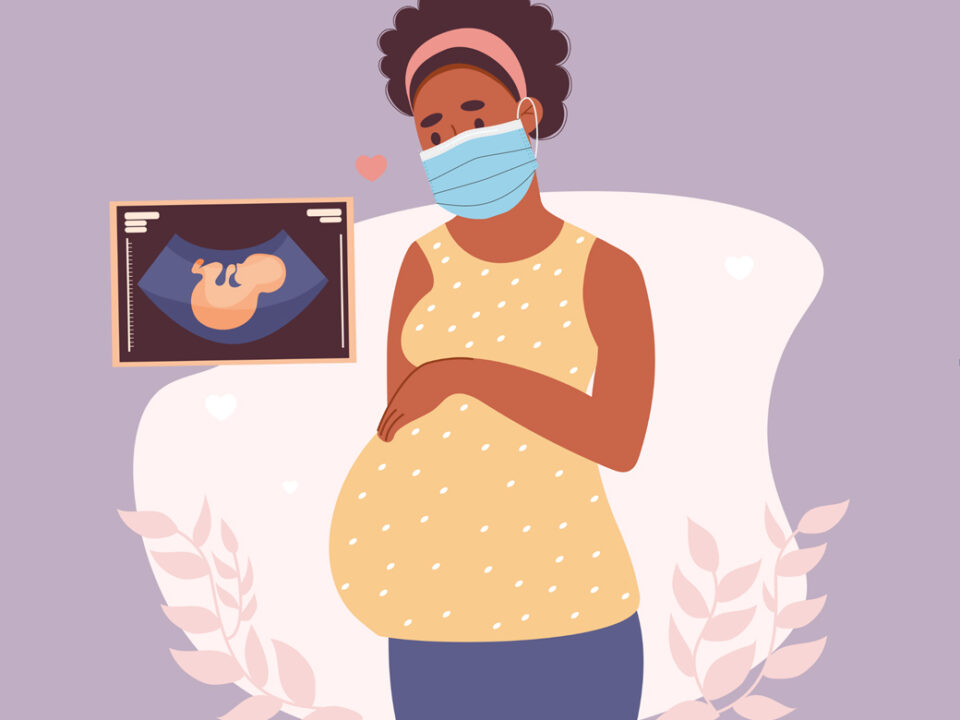
Co-designing a mobile application with immigrant adolescents for better sexual and reproductive health
February 17, 2024
Wider impacts of the COVID-19 pandemic on the health and well-being of pregnant and parenting youth and their children in Canada
February 17, 2024As our climate transforms, it poses direct and indirect challenges to the health and well-being of vulnerable populations, particularly women and children.
This study aims to explore the influence of climate change on Reproductive, Maternal, Newborn, Child, and Adolescent Health (RMNCAH) and associated rights. With a specific focus on vulnerable populations—women and children globally—we aim to identify direct and indirect climate change impacts. This interdisciplinary project involves collaboration with scholars from five continents: North America, South America, Europe, Africa, and Oceania. Our ultimate objective is to strengthen the synergy between climate change, health, and women’s and girls’ rights advocates, thereby fostering gender-responsive climate action by identifying connections between climate change and RMNCAH across climate action processes.
The immediate academic benefit is the synthesis of existing literature on climate change’s impact on RMNCAH, producing an evidence gap map and peer-reviewed publications to spotlight current research gaps in knowledge and identify future research areas.




